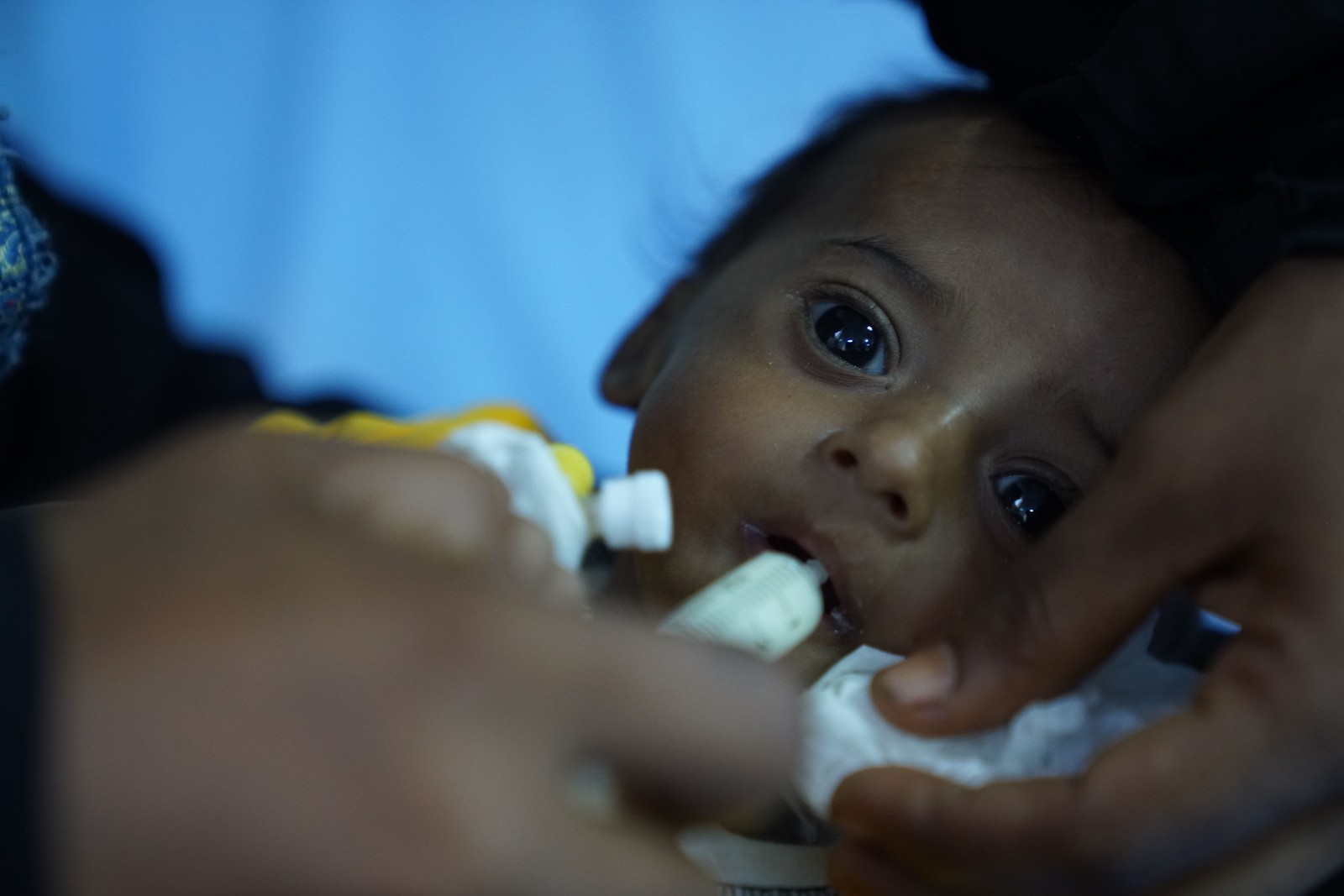Yemen: Dire humanitarian situation to worsen by continued blockade
YemenExtra
Almost a week after the Saudi-led Coalition imposed a complete blockade on Yemen, humanitarian movements into or out of the country remain stalled. On Monday, the coalition shut air, land and sea routes into Yemen in retaliation for a missile strike carried out near the Saudi capital, Riyadh, last week.
The Coalition has not facilitated any humanitarian movements carrying relief items and aid workers. Climbing fuel prices, which have risen from 60 to 100 per cent, have pushed health facilities to shut down because they cannot cover the increased costs. Water pumping stations have also been affected.
The clampdown pushes an already-fragile country over the brink. Since 2015, Yemen has been facing one of the world’s largest humanitarian crises, including the fastest growing cholera epidemic ever recorded, which has affected more than 900,000 people.
Following the blockade, the United Nations Under-Secretary-General for Humanitarian Affairs and Emergency Relief Coordinator, Mark Lowcock has proposed five immediate measures to prevent further escalation of the dire humanitarian situation:
- Immediate resumption of the regular UN and other humanitarian partners’ air services to Sana’a and Aden.
- A clear and immediate assurance that there will be no further disruption to these air services.
- Immediate agreement to the prepositioning of the World Food Programme vessel in the water off Aden, and assurances that there will be no further disruption to the functions that it supports.
- Immediate resumption of humanitarian and commercial access to all the seaports of Yemen – especially for food, fuel medicines and other essential supplies.
- Scaling back of interference with, delays to or blockages of all vessels that have passed inspection by UN Verification and Inspection Mechanism so that they can proceed to port as rapidly as possible.
“All parties to the conflict must provide safe, rapid, unhindered humanitarian access to people in need, through all ports and airports, including Hudaydah port and Sana’a airport. The airport offers the only hope for many to receive the medical treatment they require abroad,” Lowcock said in a briefing to Member States on Monday.
“I again implore everyone to do everything – everything – they can to ensure full compliance with international humanitarian law, to eliminate all interference with essential humanitarian work, and to behave in a proportionate way, mindful of the consequences of their actions on civilians,” he said.
Giles Clarke

